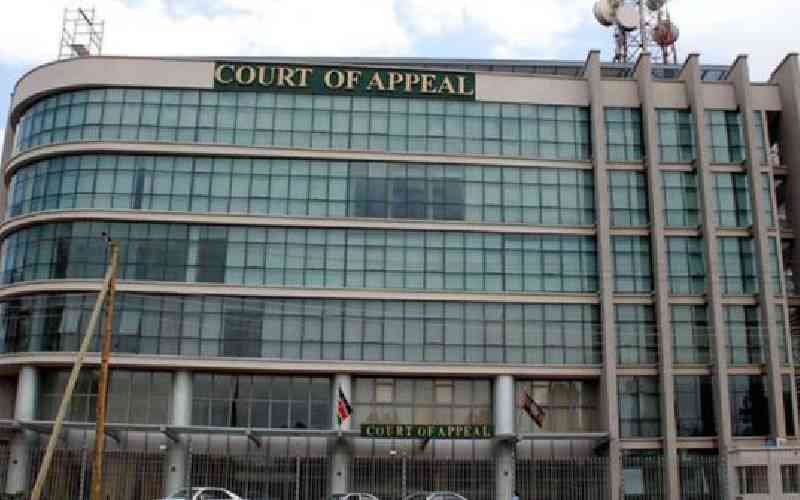×
The Standard e-Paper
Smart Minds Choose Us

The Elgon Place building in Nairobi's Upper Hill area.
The Environment and Lands Court in Nairobi has thrown out a more than Sh1 billion case against the judiciary in a battle over Court of Appeal building lease.